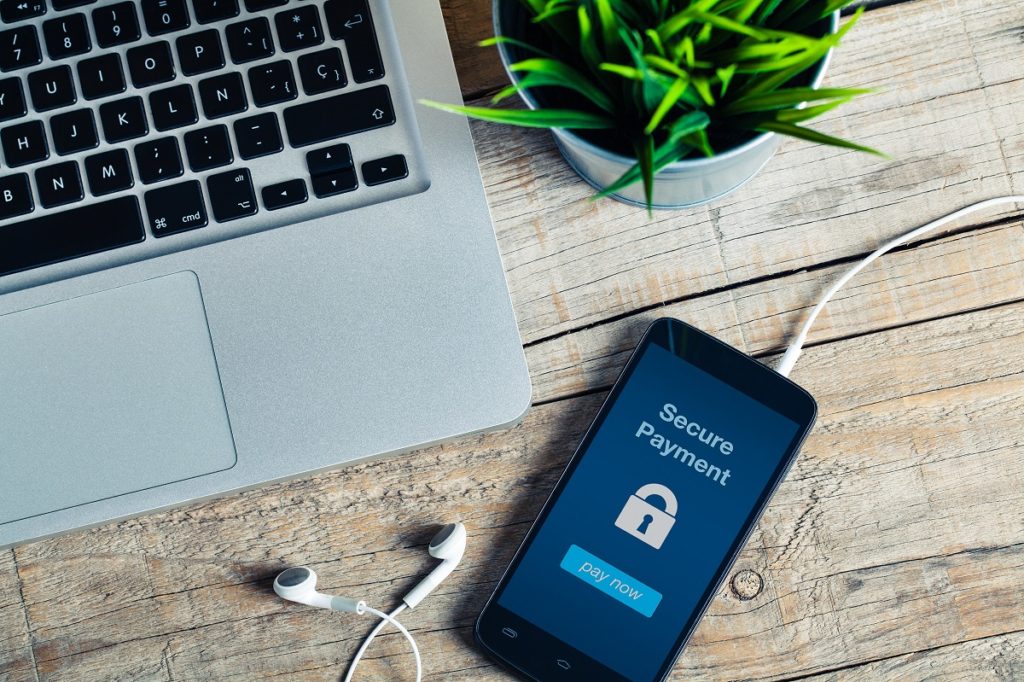The widespread use of digital banking is increasing at a rapid pace. Financial technology, more commonly referred to as fintech, continues to develop and become more sophisticated. This allows users of various banking applications to make transactions easier and more accessible. The convenience that this technology provides when it comes to managing financial lives is extremely relevant.
Coupled with the sudden global pandemic outbreak, the transition from traditional banking to digital alternatives was accelerated. However, certain perils can come with the use of digital banking platforms. Data privacy and security are primary concerns for many users, but there are also a few guidelines on top of existing privacy laws to guarantee users’ safety.
The Upsides: Improved Financial Management
The current global health crisis propelled the reliance of users on digital banking. Approximately 57% of consumers expressed their preference for online banking as opposed to traditional banking methods. At least 55% of consumers have adopted mobile banking apps to handle their finances, which is a significant rise compared to the 47% before the pandemic outbreak.

Digital banking poses a multitude of benefits for its users. The fintech sector is one of the fastest-growing technologies that substantially affects an individual’s daily life. It aims to eliminate long queues and unnecessary trips to a financial institution. Online banking should be considered the primary avenue for handling finances over traditional methods.
Transformed Operations
The increasing need for digitalization has always been present around various banking verticals. Comprehensive fintech solutions were principally developed to transform traditional lending processes, like a hard cash loan, which used to be extremely complicated, extensive, and time-consuming.
Over the years, fintech innovations made the process much simpler, providing better opportunities for users to secure small and mid-sized loans. It also improved other banking operations like deposits and withdrawals, particularly in terms of the pace of transactions.
Financial Inclusivity
Moreover, the advent of digital banking provided users with seamless accessibility. Users have to install an application on their smartphones or personal laptops, create an account, and all their data can easily be viewed across the connected devices.
While digital banking is not entirely new, the effects of the global pandemic turned it into a necessity. As government restrictions like lockdowns were implemented, people needed better access to their finances. Online alternatives significantly transformed the financial sector to become more inclusive overall.
The Downsides: Safeguarding Data

Along with the countless advantages that digital banking offers, there are also certain downsides to consider. Data privacy and security have long been controversial issues for all online tech-related matters. These become exceedingly vital when it comes to financial management online.
Various financial institutions that also provide digital banking alternatives have been improving their resources towards the data privacy of their clients. While federal laws are geared towards protecting consumer data, users are still advised to take precautions to ensure their own safety.
Federal Laws for Privacy
There are federal guidelines enforced upon banks and other financial institutions regarding the management of consumer privacy. The Gramm-Leach-Bliley Act (GLBA), for instance, is imposed by the Federal Trade Commission (FTC) and the Consumer Financial Protection Bureau (CFPB).
The GLBA makes it mandatory for financial institutions to give their consumers notice about the nature of the information they collect and share with third parties. This also allows clients the opportunity to decline from having their information shared.
Other laws include the Fair Credit Reporting Act (FCRA) and the Right to Financial Privacy Act (RFPA). The FCRA limits the ability of banks to share the financial information of their clients with other institutions. The RFPA, on the other hand, enforces steps that government agencies should follow before they gain access to an individual’s banking information.
Personal User Habits
Unfortunately, there have been certain circumstances that magnified the lapses in upholding federal privacy laws. Legislative reforms from various states have been enacted to help address these gaps. Financial institutions are also being pressured to provide better consumer privacy management.
Nonetheless, users of digital banking applications, whether regular or occasional, should also be proactive in safeguarding their personal financial data. For instance, users should do their due diligence and read through their bank’s privacy notices to be aware of the type of data they are sharing.
This also allows them to opt out of data-sharing entirely. Moreover, practicing adequate cyber hygiene is key to obtaining improved online security. Simple factors like password strength and using secured WiFi connections for financial transactions can easily be overlooked. Being mindful of these habits can go a long way.
The Banking Revolution
Ultimately, digital banking has significantly made financial management simpler and easier for all its users. It will continue to do so as fintech solutions improve over time. However, it can also prove to be a double-edged sword for unsuspecting clients. As these online alternatives continue to become mainstream, it’s crucial to remember that the first line of defense against online threats will always be the users themselves.
















